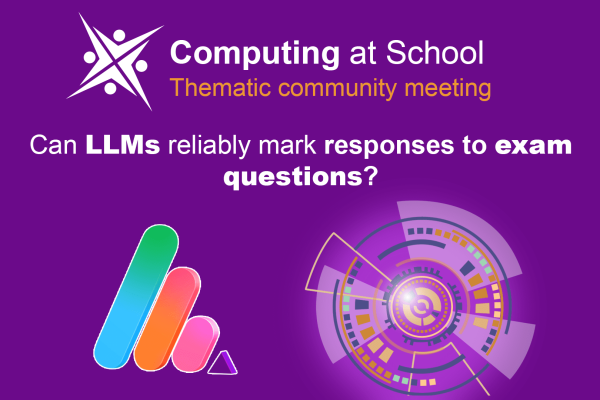When you first sat behind the wheel of a car, everything felt overwhelming. Checking mirrors, signalling, changing gears, and navigating roundabouts demanded your full attention. But now? You cruise down the M25, chatting with passengers, and belt out your favourite Adele tune all while safely manoeuvring through traffic.
This transformation is thanks to automaticity. Automaticity is the ability to perform complex tasks without conscious effort. Your brain has efficiently stored driving skills in long-term memory, freeing up your working memory for other tasks like route planning or hazard perception.
Now, contrast this with traditional classroom learning. Despite years of maths lessons, many students still grapple with basic multiplication or struggle to recall the quadratic formula under pressure. Why? Because our educational system often prioritises short-term recall over developing true automaticity.
Imagine if we applied the driving model to academic subjects. Students would practise core concepts repeatedly, spaced over time, until recalling Pythagoras’ theorem or balancing chemical equations became as effortless as checking your blind spot.
By developing academic automaticity in fundamental concepts, we unlock students’ potential to tackle more complex ideas. For instance, mastering algebra makes learning calculus significantly easier. When a student can effortlessly recall that (a+b)² = a² + 2ab + b², they can focus their mental energy on understanding the principles of differentiation or integration, rather than getting bogged down in algebraic manipulation.
This automatic recall doesn’t just aid in learning new concepts; it’s crucial for problem-solving too. When faced with a complex maths problem, a student with automaticity in basic operations can devote their full attention to devising a solution strategy, rather than struggling with the arithmetic involved.
It’s time we took a lesson from the driving seat and steered our educational practices towards building lasting, effortless knowledge. By ensuring students have automatic recall of fundamental concepts, we free up their working memory to focus on higher-order thinking, complex problem-solving, and creative applications of their knowledge.
Only then can we truly set our students on the road to academic success and lifelong learning. Isn’t it time we shifted gears in our approach to education?
- Teepeehttps://teepee.ai/author/saadhassan01/
- Teepeehttps://teepee.ai/author/saadhassan01/
- Teepeehttps://teepee.ai/author/saadhassan01/
- Teepeehttps://teepee.ai/author/saadhassan01/




